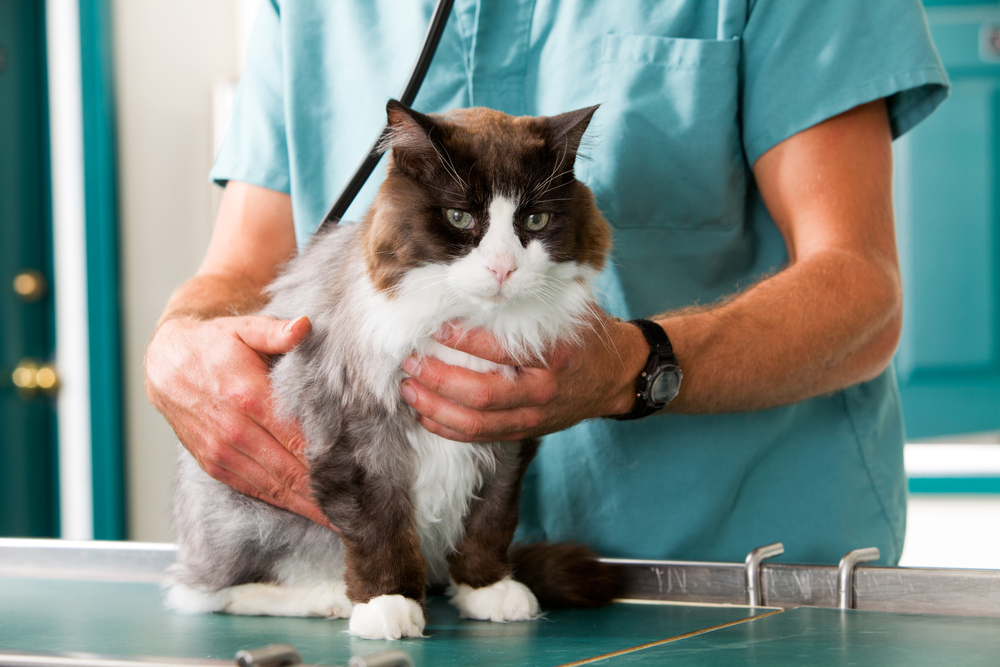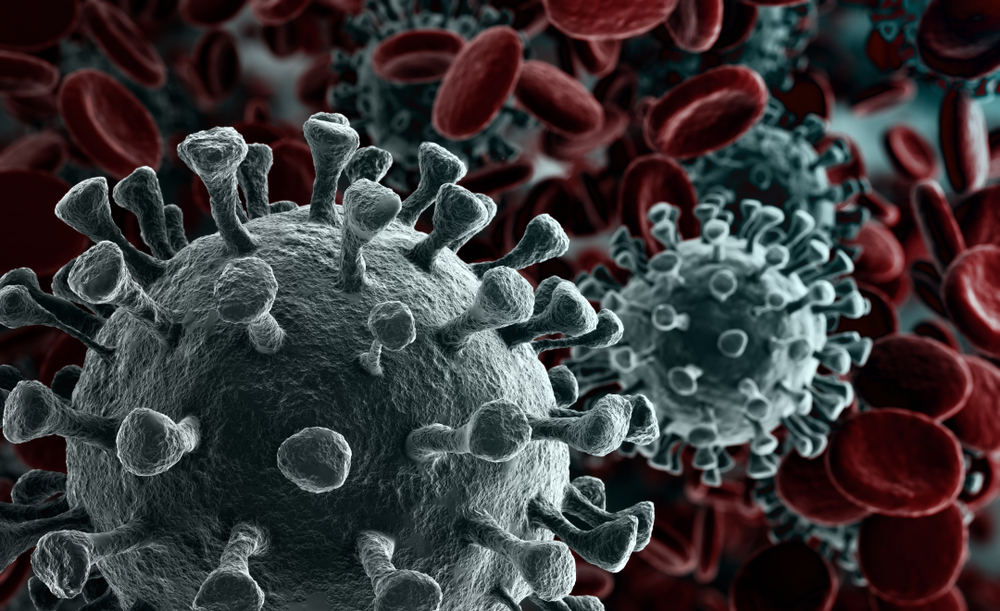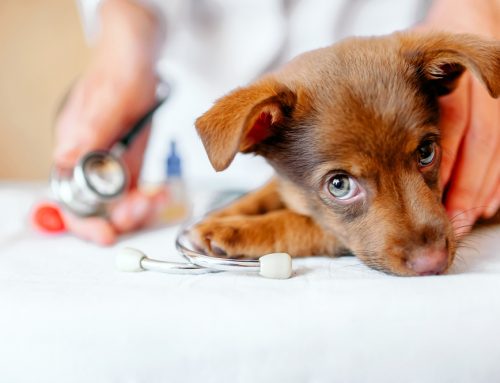With a global pandemic shutting down schools, inducing fear, and causing food shortages, you naturally have questions about whether this novel virus can affect your furry family member. With opinions and reports at every turn, including social media, knowing where to look for accurate information can be difficult. To help you separate fact from fiction, we answer the most commonly asked questions about COVID-19 and pets.
What is COVID-19?
COVID-19 is a human respiratory illness caused by a coronavirus, meaning it belongs to a family of viruses that cause a variety of infections in animals and humans. Coronaviruses cause the common cold, as well as more severe human respiratory infections, such as SARS and MERS. COVID-19 is a new coronavirus that originated in Wuhan, China, where it was likely transmitted from a bat to a human. Over time, COVID-19 changed to cause human-to-human transmission, and this has continued to be its method of infection.
How is COVID-19 spread?
COVID-19 causes a respiratory infection characterized by a sore throat, coughing, fever, and possible breathing difficulty. The primary spread is by aerosolized virus that is shed when an infected person coughs, although the virus can also live on surfaces, such as countertops and door knobs, for a short time, and cause infection.
Can pets become infected with COVID-19?
Coronaviruses are typically species-specific, and the coronaviruses that pets contract are different strains than the one causing COVID-19. Dogs can be affected by an enteric form of coronavirus that causes mild gastrointestinal illness, or a respiratory form that often contributes to kennel cough infections. Cats can also become infected with an enteric coronavirus that, in rare cases, can mutate to cause life-threatening feline infectious peritonitis. The coronaviruses that infect pets are not transmissible to people.
Two dogs in China, who lived with people who had developed COVID-19 infections, tested weakly positive for the virus, although neither dog became ill. The veterinary diagnostic laboratory IDEXX has tested thousands of dogs and cats for COVID-19 infection to validate a test for pets, with no positive results. Based on this information, world health officials, including WHO, CDC, and AVMA, have declared that pets are not considered an infection source in people at this time.
Can my pet transmit COVID-19 to me or other people?
Although it does not seem likely that pets can become infected with COVID-19, pets can possibly carry the virus on their fur, collar, or leash, if they have been handled by a person with the infection. The virus likely would not live long on these porous surfaces, but to be cautious, include your pet in social distancing, and avoid crowded places, such as dog parks, or pet stores.
Can I still care for my pet if I develop COVID-19?
Out of an abundance of caution, the CDC recommends that you have another family member care for your pet, if you become sick. If this is not possible, avoid excessive contact with your pet, such as cuddling, kissing, or sharing food, and wash your hands before and after handling her.
How can I prepare my pet for a quarantine situation?
As you stock up on household essentials, don’t forget to include a month’s worth of pet supplies, including food, treats, litter, cleaning supplies, and medications. If your pet will need a refill of heartworm, flea, or tick preventive, or medications for a chronic condition, call us, so we can prepare your order and take payment over the phone.
What is the Animal Clinic of Council Bluffs doing to prevent COVID-19 transmission?

As a vital member of the health care community, we are doing our part to prevent disease transmission, while continuing to provide important pet care. We plan to continue providing all normal services, including wellness appointments, sick patient appointments, and surgery. As the situation unfolds, our policies may change, but as of now, we are taking the following precautions:
- Sick individuals — If you have respiratory illness signs, we ask that you call our office before bringing in your pet. Likewise, any clinic team member who feels under the weather will stay home, to keep our clients safe.
- Curbside care — Only team members and pets will be allowed inside the hospital. We ask that you call us when you arrive for your appointment, and we will gather important information from you over the phone. A team member will then come out to get your pet, and we will continue to communicate with you via phone, to make decisions about testing and treatments that we may recommend.
- Payment — If possible, we ask that you make payment over the phone with a credit card, to prevent a money exchange.
Please be patient as we all adapt to this new normal, and get through this difficult time together. Understand that our protocols may change, and we appreciate your support, as we navigate uncharted territory in our daily lives.
If you still have unanswered questions about COVID-19 and your pet, don’t hesitate to call us for the most accurate information.






Leave A Comment